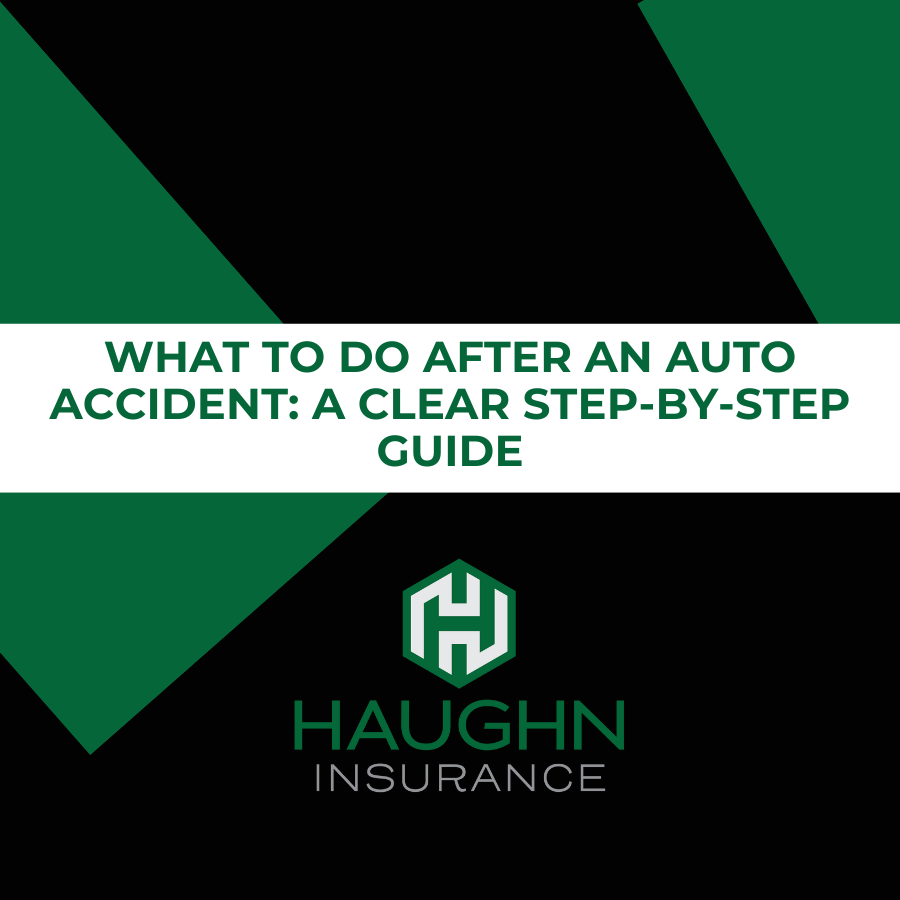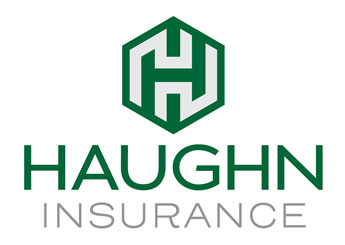
Accidents happen in the blink of an eye, leaving even the calmest of us feeling shaken and unsure of what to do next. Whether it’s a minor fender bender or a more serious collision, knowing how to handle the situation is key to protecting yourself, your passengers, and your rights.
Here’s a straightforward guide to help you navigate the moments after an auto accident with confidence and clarity.
- Check for Injuries and Prioritize Safety
First and foremost, ensure the safety of everyone involved. Check yourself and your passengers for injuries. If anyone is hurt, call 911 immediately to request medical assistance.
If the vehicles are still drivable, move them to the side of the road to prevent further collisions. Turn on your hazard lights to alert other drivers.
Important: If the accident involves severe damage, injuries, or hazardous materials, leave the vehicles where they are and wait for emergency responders.
- Call the Authorities
Even if the accident seems minor, it’s a good idea to contact the police. A formal accident report can be invaluable when filing an insurance claim or settling disputes.
When the police arrive, stick to the facts. Avoid admitting fault, even casually—it’s best to let the professionals determine the cause of the accident.
- Exchange Information
Swap information with the other driver(s) involved in the accident. Be sure to collect:
- Name and contact information – REQUIRED BY OHIO LAW TO BE GIVEN (Please put something about this in the SM copy)
- Insurance company and policy number
- Driver’s license number
- Vehicle make, model, and license plate number
If there are witnesses, ask for their contact information as well.
- Document the Scene
Take photos or videos of the accident scene, including:
- Damage to all vehicles
- License plates
- The surrounding area (road signs, traffic signals, skid marks, etc.)
- Any visible injuries
These details can serve as critical evidence when dealing with insurance claims or potential legal proceedings.
- Notify Your Insurance Company
Report the accident to your insurance agent as soon as possible. Provide them with the information and documentation you’ve gathered. Many insurers have mobile apps that make the process quick and straightforward.
Be honest but concise when describing the accident. Stick to the facts and let your insurer handle discussions about fault and liability.
- Seek Medical Attention (Even If You Feel Fine)
Adrenaline can mask injuries immediately after an accident. If you experience any pain, discomfort, or unusual symptoms in the hours or days following the crash, see a doctor right away. Some injuries, like whiplash or concussions, may not be immediately apparent.
- Consult an Attorney if Necessary
If the accident results in significant damage, injuries, or disputes, consulting an attorney might be wise. A legal professional can help protect your rights and guide you through any complexities.
- Stay Calm and Collected
Finally, accidents are stressful, but staying calm can make a world of difference. Focus on what you can control and follow the steps above.
Preparedness Is Key
No one expects to be in an accident, but being informed can make a difficult situation more manageable. Save this guide, and consider keeping an emergency kit in your car—including a notepad, pen, flashlight, and basic first aid supplies.
Remember, when it comes to auto accidents, acting quickly and wisely is your best line of defense.

